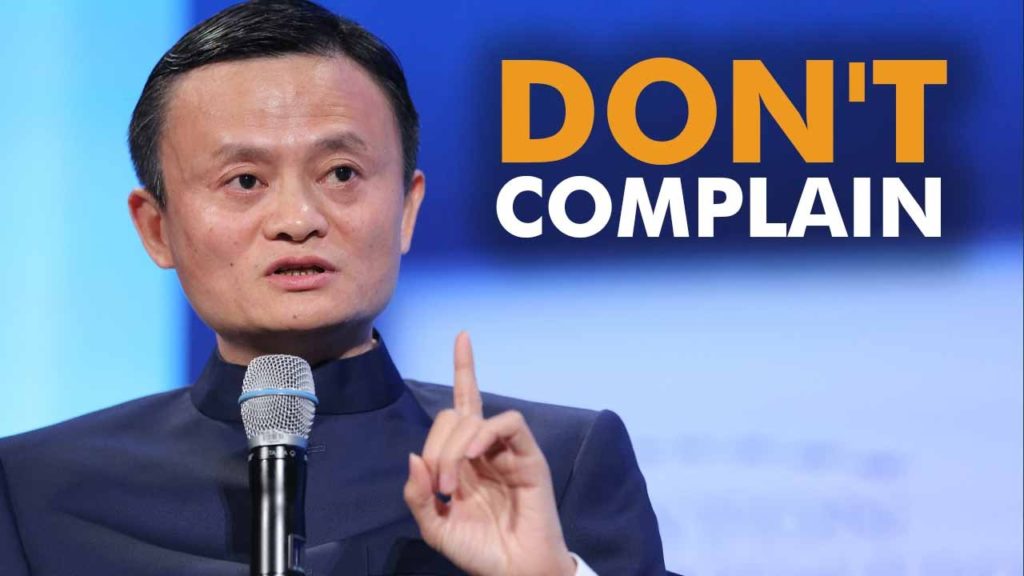
I’ve blogged about how I see leadership in the developing (developed now) economies of China and India, and the new innovation models of emerging economies in Sub-Saharan Africa, but not quite in the way in which I see them now.
The more I think about it, we have three major FinTech models, each with their own unique blend of thinking. The mainstream FinTech discussions here in Europe and America is how to reboot the antiquated banking system. Due to the implementation of technologies in the 1960s onwards, these economies have a heavily layered structure of year upon year of relentless upgrades and recovery plans. It is these economies that talk about the challenges of legacy systems and core system upgrades, and they recognise that something radical has to be done. Due to the antiquated nature of the infrastructure of these economies – most of which pre-dates the internet – I call them legacy economies. The Fintech in these legacy economies approach things in three ways:
- Broaden the financial offer to those who have been underserved or unserved in these markets, for example Funding Circle for SMEs and SoFi for students;
- Remove the inefficiencies inside the banks, such as the cost overheads of the client onboarding processes; and/or
- Remove the friction in the customer journey by making things far easier, for example Stripe and Square.
All of the Fintech radar ends up being focused upon the incumbent’s existing way of doing things however and, as a consequence, ends of inventing faster horses or horses with bells and whistles.
Then there is the bewildering speed at which China and India have moved towards demonetisation, one through innovation (Ant, Tencent and Baidu) whilst the other is through government mandate (Aadhaar, UPI). Both economies are what Jim O’Neill threw into the BRICs discussion of 2003, although Brazil and Russia have not performed nearly as well economically or technologically as China and India. For these reasons, I see the Fintech in China and India as demonstrating growth economies characteristics. They started with nothing and built from the ground up. Unlike Europe and America, who are adding Fintech to what was there before, China and India began their journey (as have other nations like Poland and Turkey) with not much there before. Their journey began in the late 1990s, with an internet-enabled platform right from the beginning. That is why ICICI bank were on of the first to offer Facebank customer servicing, along with the Turkish banks. Meanwhile, as I blogged the other day, Ant Financial are taking over the mobile payments world. Their vision is based upon being an integrated Facebook, Amazon and PayPal all in one, as are the other Chinese internet giants Tencent and Baidu. These firms were unencumbered by history and legacy, and hence built from a clean vision up, rather than trying to retrofit their ideas into old markets which is actually why Facebook, Amazon and PayPal are segregated.
So the growth economies are notable for an unencumbered vision of leveraging the network, and their unencumbered vision will allow them to go globally without shackles, unlike their American counterparts.
And then we have the innovation economies. These are the economies that are rapidly uplifting from poverty to consumption, and include many of the Sub-Saharan African countries – Nigeria, Ghana, Uganda, Tanzania, Kenya, Mali – as well as Pakistan, Afghanistan and their brethren, the Philippines, Indonesia and much of South America.
I call these the innovation economies, as they’ve had nothing before and pretty much had nothing today, until the mobile network appeared. I’ve blogged about that a lot lately, so don’t want to do it again, except to say that mobile financial inclusion is the most important development since banking first appeared. Secondly, that the images most people have of these countries in what they call the emerging markets are wrong. That was quite clear from my cut and paste of Bill Gates stakeholder letter for the Bill & Melinda Gates Foundation the other day.
Look at the photo of Mexico City from 1980, and compare it to one from 2011.

MEXICO CITY 1980, 2011 – ©Corbis, Owen Franken, ©Corbis, Keith Dannemiller
You can see a similar transformation in these before-and-after photos of Nairobi and Shanghai.

NAIROBI 1969, 2009 – ©Corbis, Nigel Pavitt, ©Getty Images National Geographic

SHANGHAI 1978, 2012 – ©Corbis, John Heaton, ©Corbis, Dean Conger
In summary, as that covers it for this post, you have the Legacy West, the Growth East and the Innovative Emerging. Something like that anyway and, going back to where I started, if you are looking for the next generation financial system, you definitely will not find it in the Legacy West. That will show you the next generation of the existing system. You need to look to the emerging markets specifically, as they are leap-frogging all of us. A great example is that the emerging economies will show us the next digital identity scheme, as this is critical to inclusion. Watch this space.
Chris M Skinner
Chris Skinner is best known as an independent commentator on the financial markets through his blog, TheFinanser.com, as author of the bestselling book Digital Bank, and Chair of the European networking forum the Financial Services Club. He has been voted one of the most influential people in banking by The Financial Brand (as well as one of the best blogs), a FinTech Titan (Next Bank), one of the Fintech Leaders you need to follow (City AM, Deluxe and Jax Finance), as well as one of the Top 40 most influential people in financial technology by the Wall Street Journal's Financial News. To learn more click here...



